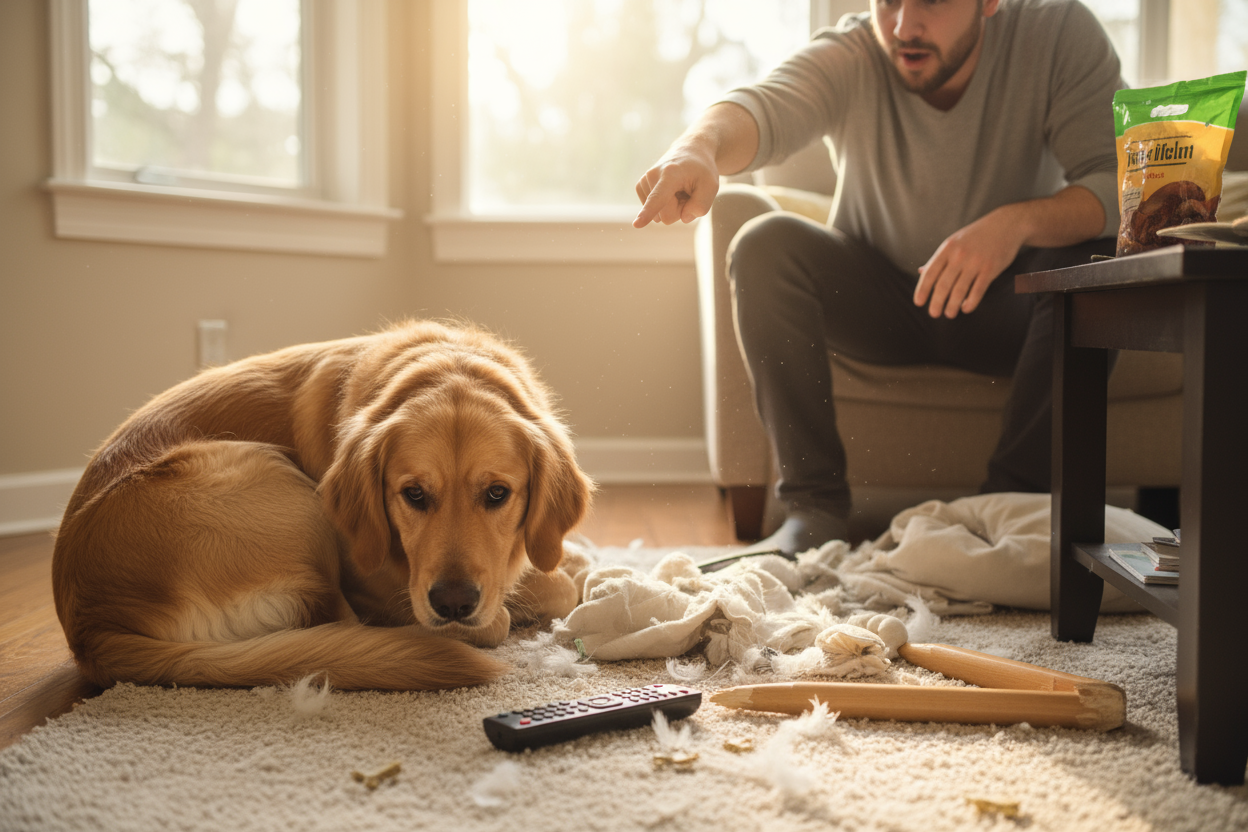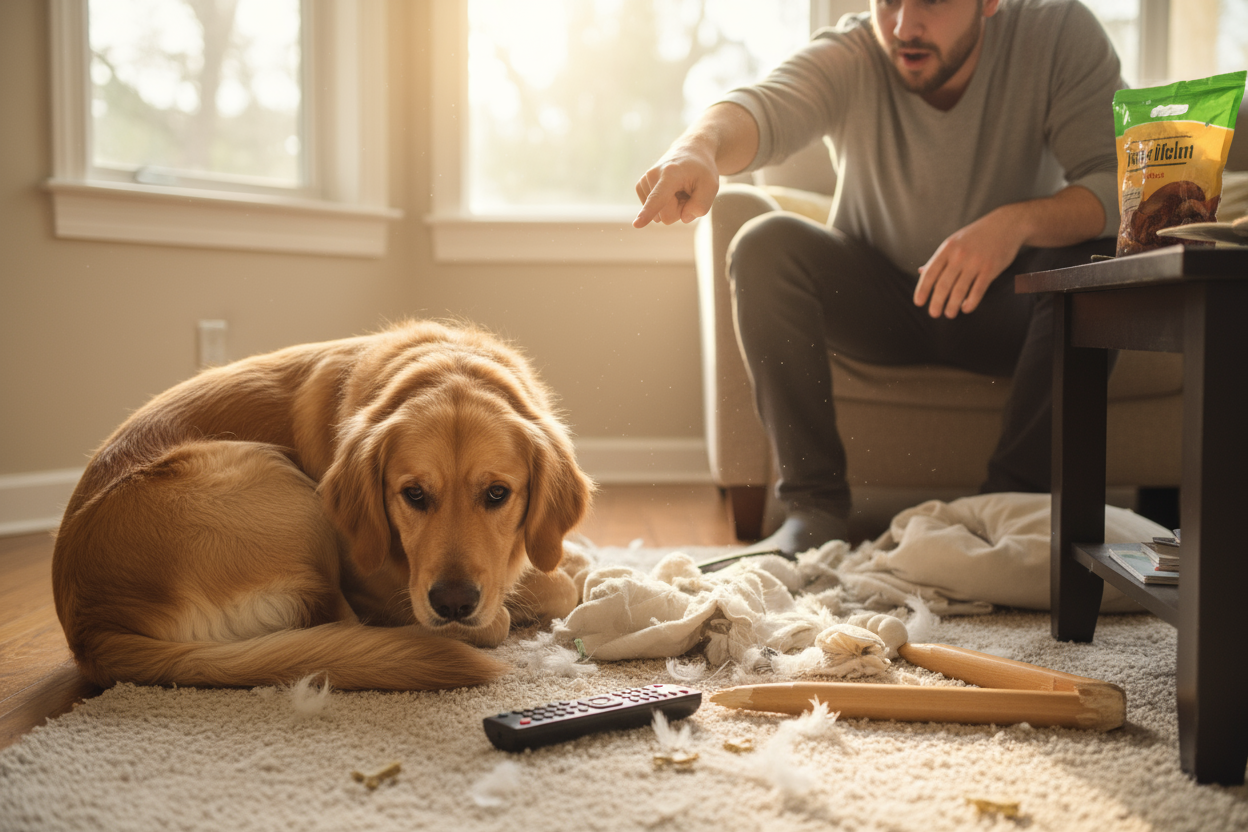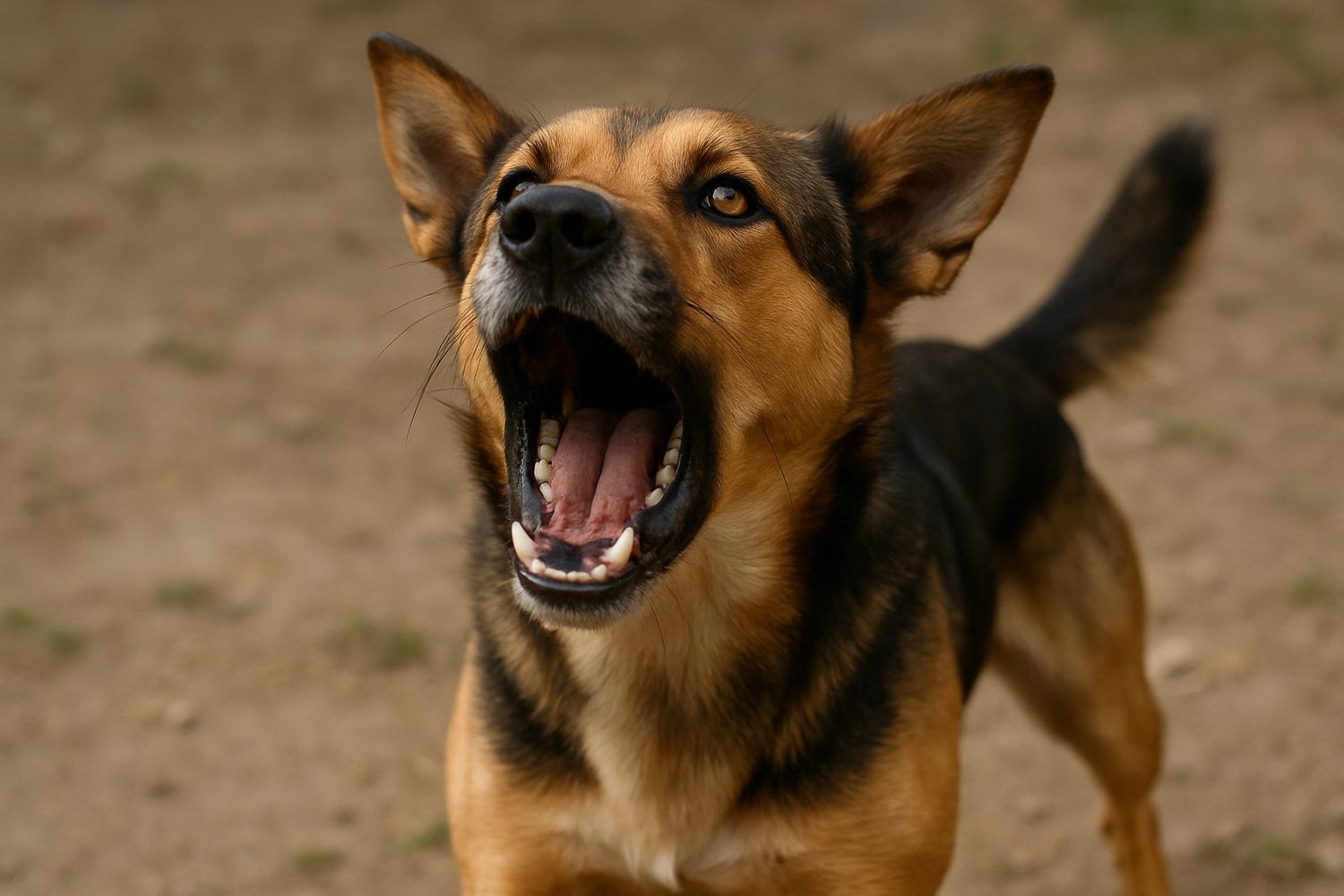Many people begin training their dogs with good intentions but fall into the trap of using punishment when things go wrong. It can feel natural to scold a dog for chewing furniture or ignoring a command, but punishment does more harm than good in the long run. To understand why, we need to look at how dogs learn and what punishment actually teaches them.
Dogs learn through association. They connect their actions with the outcomes that follow. When a dog sits and receives a treat, it learns that sitting brings good things. When a dog is punished for doing something unwanted, such as barking or jumping, it may not connect the punishment to the behavior. Instead, it connects the punishment to the person or the environment. The dog learns that people are unpredictable or that training is something to be feared. This creates confusion and anxiety rather than understanding.
Punishment can also suppress behavior without solving the underlying problem. For example, if a dog growls when it feels uncomfortable and is punished for growling, it may stop growling. On the surface this looks like progress, but the dog’s discomfort remains. Now it has lost a way to communicate that discomfort and may move straight to biting when it feels threatened. This is one of the most dangerous outcomes of punishment-based training.
Fear is another major consequence. A dog that has been yelled at or physically corrected can start to associate its owner with fear instead of safety. Training sessions become stressful and the bond between dog and human begins to weaken. Fearful dogs often show more problem behaviors over time, such as hiding, shaking, or even aggression. They are not being stubborn or defiant, they are simply scared and confused.
Positive reinforcement works in the opposite way. It focuses on teaching the dog what to do rather than punishing what not to do. By rewarding desired behaviors, we make those behaviors more likely to happen again. This approach builds confidence and trust. A dog that feels safe is far more willing to try new things and learn from mistakes. Instead of worrying about being wrong, it learns that making good choices brings good outcomes.
Science consistently supports positive methods. Studies show that dogs trained with rewards are more engaged, less stressed, and more reliable in performing behaviors. Punishment might seem to work quickly because it stops behavior in the moment, but it does not build understanding or long-term cooperation. Reward-based training may take a little more patience, but it creates lasting results and a happier relationship.
When we choose kindness over punishment, we help our dogs become calmer, more confident, and more connected to us. Training is not about control—it is about communication. By focusing on teaching instead of correcting, we give our dogs the chance to learn with joy rather than fear. And that is what every dog deserves.
Nicolas Hathaway, CPDT-KA
Dog training in Valdosta GA, Lowndes County Georgia



